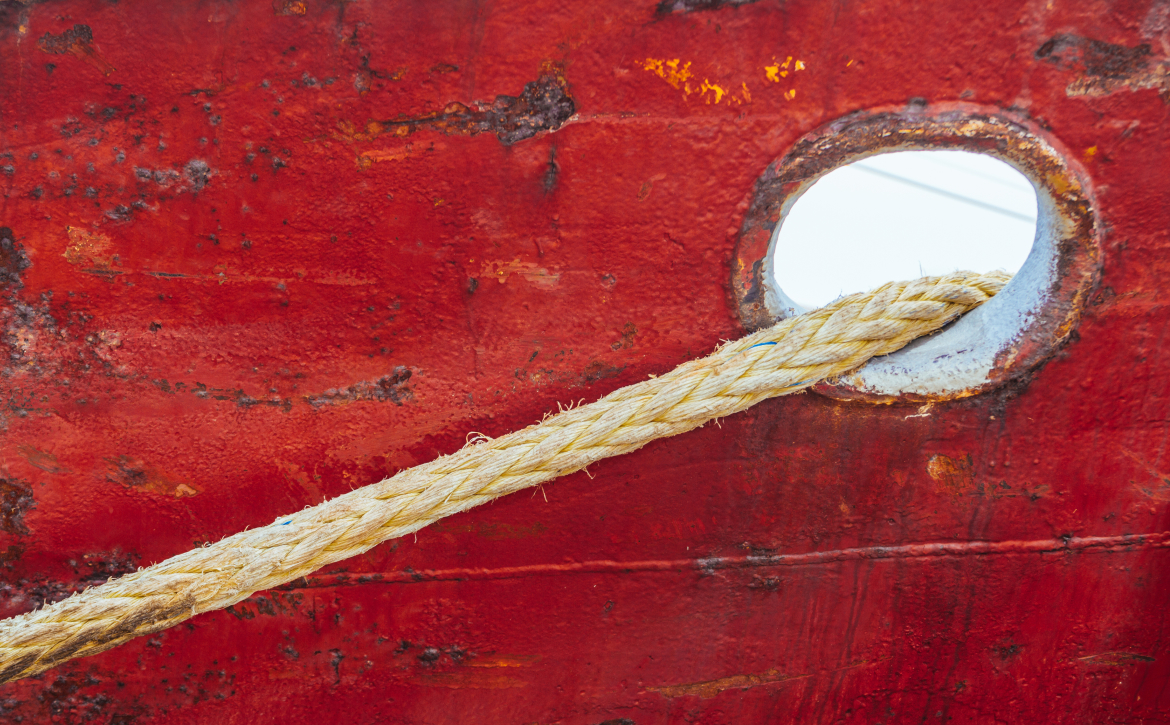Australian customs brokers are worried about the recent focus on importations potentially containing asbestos. The concern highlights the difficult position of customs brokers. With every piece of information provided to the Department of Immigration and Border Protection (Department/Customs), there is potential broker liability if that information is false and that liability does not depend on whether the false information is deliberately given.
Below we set out what steps will provide the customs broker with a defence to an alleged breach of the law.
The law against false statements
The Customs Act is relatively simple – if you make a false statement to Customs you breach the Act. When a customs broker lodges an import declaration it is making a statement. The relevant sections of the Customs Act do not require that the giving of false information was deliberate, negligent or even reckless – the offence is committed by the mere giving of incorrect information. Just to underscore the seriousness of this, infringement notices of $8,100 (corporations) and $2,700 (individuals) can be issued for each breach. Infringement notices are no longer a mere theoretical penalty. Between July 2015 and October 2015, there were 54 infringement notices issued for making false statements to Customs.
Reasonable mistake of fact
Strict liability can lead to unfair results, so there are defences provided. A key defence is the reasonable mistake of fact. Generally, for an individual, a defence of mistake of fact exists if at the time of, or before, making the false statement, the person considered the relevant facts and was under a mistaken, but reasonable belief, as to those facts. Crucially, you must actually consider the relevant facts – ignorance of, or a mere assumption about, the relevant facts is not sufficient. In the asbestos context, if you simply assumed that the goods did not contain asbestos without asking the question of the importer, it would be hard to maintain the mistake of fact defence. If there are positive facts on which you have relied (such as statements from the supplier/importer), the next question is whether that mistaken belief was reasonable. Again in the asbestos context, if you have a long relationship with your importer, have informed them of Australia’s asbestos requirements and the products are low risk, your belief in an importer/manufacturer declaration that the goods do not contain asbestos will be more likely to be reasonable.
Reasonable mistake of fact – corporations
The rules for corporations are more onerous. Firstly, it must be shown that the relevant employee who made the statement was under a mistaken but reasonable belief about the relevant facts. Secondly, the company must prove that it exercised due diligence to prevent the making of the false statement. In the asbestos context, corporate customs brokers need to ask themselves:
- What systems are in place to ensure staff are aware of Australia’s asbestos legislation?
- What steps are staff taking to form a reasonable belief that the goods do not contain asbestos?
- How is the corporation supervising that the relevant systems are being carried out?
The term ‘due diligence’ is incapable of a fixed meaning. ‘Due diligence’ requires more than good intentions, you must also take all reasonable steps to prevent the false statement being made.
Do I have to ask the question about every single import?
No client likes being asked the same question repetitively, especially if the answer is always the same. As a general rule, the legislation does not require repetitious examination of the same facts. If you have considered the facts on one occasion, and the circumstances of each subsequent import are the same, the legislation does not require reconsideration of the facts. However, at a minimum, the subsequent consignment would need to be the same goods with the same importer, manufacturer and exporter.
Don’t just aim for the bare minimum
The above guidance is about qualifying for the defence of reasonable mistake of fact. Your goal might not be to simply avoid personal liability, but rather, having the information demanded by the Department on hand if the goods are selected for inspection. This may require a certificate from an accredited laboratory, even if this is not a requirement to satisfy the reasonable mistake of fact defence.
Have you received an infringement notice
The Department should only issue an infringement notice if it believes that an offence was committed. Assuming the infringement notice relates to the giving of false information, it should be withdrawn if:
- the false information was given due to a reasonable mistake of fact
- if the fine is against a corporation, the corporation had exercised due diligence.
If you require further clarity around your obligations as a customs broker relating to asbestos or have received an infringement notice in circumstances where you believe you have acted appropriately, please contact us.





